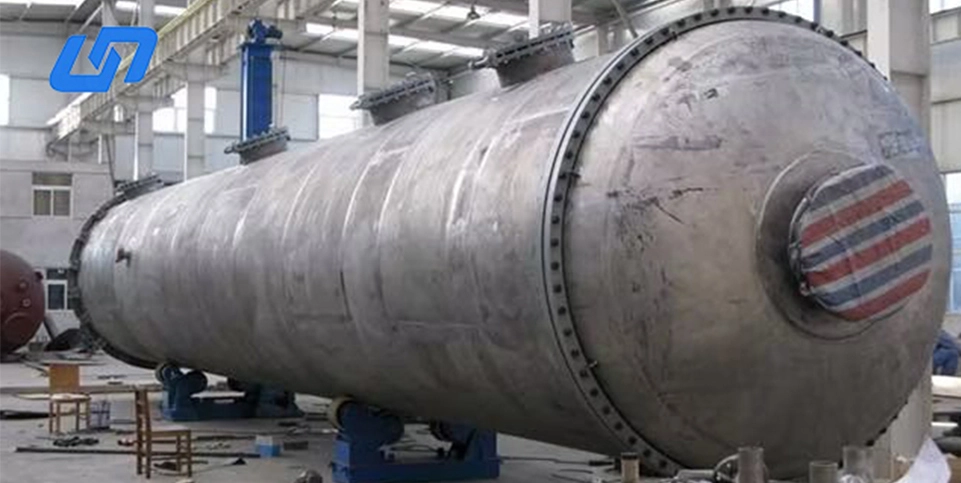Titanium, with the symbol Ti and atomic number 22, is a lustrous transition metal characterized by its high strength, low density, and excellent corrosion resistance. It exhibits a silver-gray metallic appearance and is relatively lightweight, with a density about half that of steel. Titanium has a remarkable melting point of 1,668 degrees Celsius (3,034 degrees Fahrenheit) and a boiling point of 3,287 degrees Celsius (5,929 degrees Fahrenheit).
Although titanium is the ninth most abundant element in the Earth's crust, it is not found in its pure form. Instead, it is typically extracted from minerals such as ilmenite and rutile using the Kroll process, which involves reducing titanium tetrachloride with magnesium.
One of titanium's notable properties is its high strength-to-weight ratio, making it stronger than steel while being approximately 45% lighter. It also demonstrates exceptional resistance to corrosion, including resistance to seawater, chlorine, and most acids. These qualities make titanium highly desirable for a wide range of applications. Among applications, titanium used in aircraft is mostly.

 English
English  한국어
한국어  Deutsch
Deutsch  Español
Español  العربية
العربية  русский
русский 












